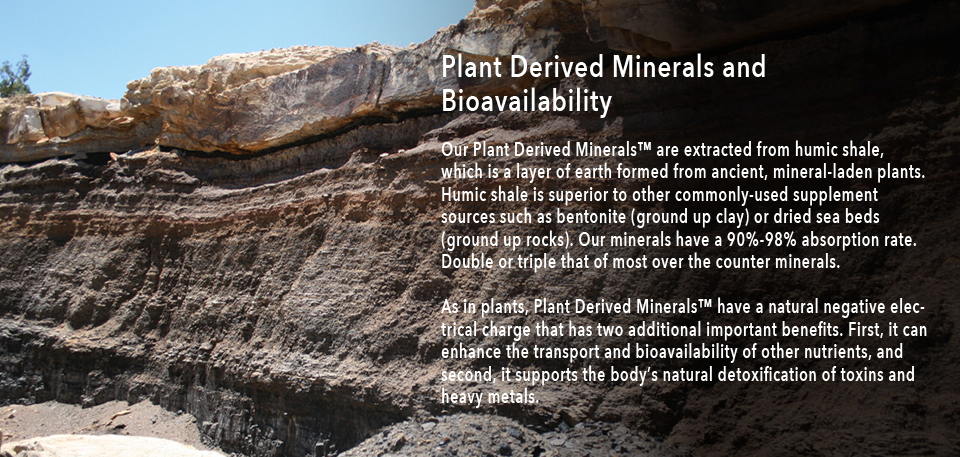Mineral Deficiencies & Disease


When dinosaurs ruled the earth 75 million years ago, they were likely living in an environment abundant with life-supporting minerals. Soils were laden with as many as 70 known minerals, which were absorbed through the root systems of plants to become part of a vibrant, life-sustaining food supply. Over time, erosion and unwise farming methods have depleted our top soils of their precious minerals. Modern technology has only made this problem worse. Today’s farmers are able to produce double or even triple the yields of most major fruits, vegetables, and grains compared to 50 years ago. However, the quantity of food available does not make up for the lack of quality. The nutrient content of crops is lower than ever before.
Definition The term mineral deficiency means a condition where the concentration of any one of the minerals essential to human health is abnormally low in the body. In some cases, an abnormally low mineral concentration is defined as that which leads to an impairment in a function dependent on the mineral.
ORGANIC vs INORGANIC TRACE MINERALS

A huge argument has always been that minerals, such as lead, aluminum and arsenic, are toxic and should not be consumed. Truth be told, any mineral in its inorganic state, even calcium, could be toxic. Inorganic means the mineral is derived from rocks, clays or seabed, which the body cannot break down. However, organic minerals, derived from plant sources, are able to metabolize the negative charge from the soil and, through photosynthesis, alter the electrical currency of the mineral and create a natural negative charge. The now natural negative charge of the plant is drawn to the positive electrical charge in the human body; delivering essential minerals safely and efficiently.
The Role of Minerals in the Body
 There are over 60 Essential Minerals that are vital , the body does not make on it’s own. For Optimal Health these minerals are essential and hard to find in our daily food intake. The main reason is the soil is severely depleted and has had a 80% loss of these valuable minerals in the last hundred years. Minerals act as co-factors for enzyme reactions. Enzymes don’t work without minerals. All cells require enzymes to work & function. The 90 Essential Minerals give us our vitality.
There are over 60 Essential Minerals that are vital , the body does not make on it’s own. For Optimal Health these minerals are essential and hard to find in our daily food intake. The main reason is the soil is severely depleted and has had a 80% loss of these valuable minerals in the last hundred years. Minerals act as co-factors for enzyme reactions. Enzymes don’t work without minerals. All cells require enzymes to work & function. The 90 Essential Minerals give us our vitality.
• They maintain the pH balance within the body.
• Minerals actually facilitate the transfer of nutrients across cell membranes.
• They maintain proper nerve conduction
• Minerals help to contract and relax muscles.
